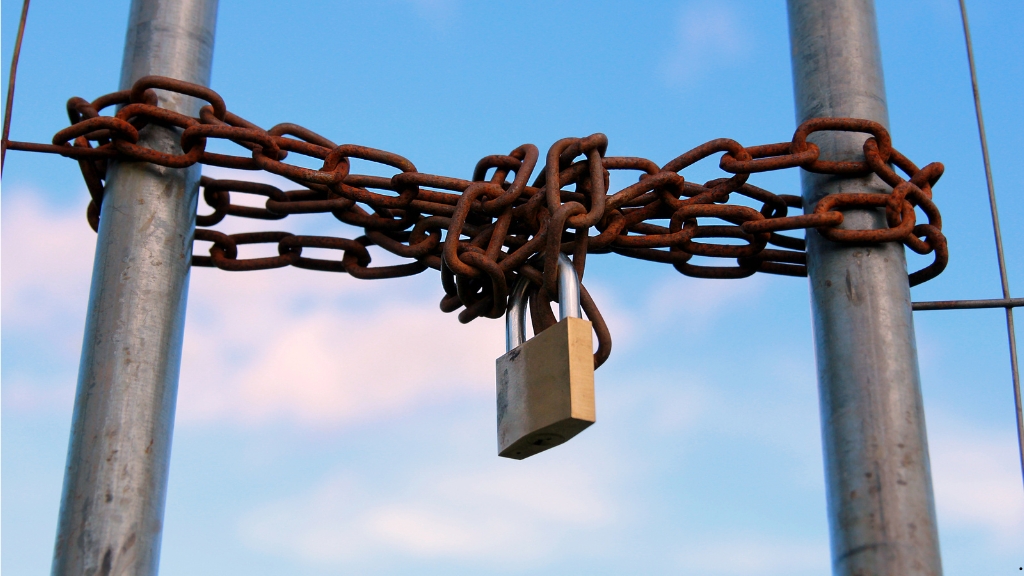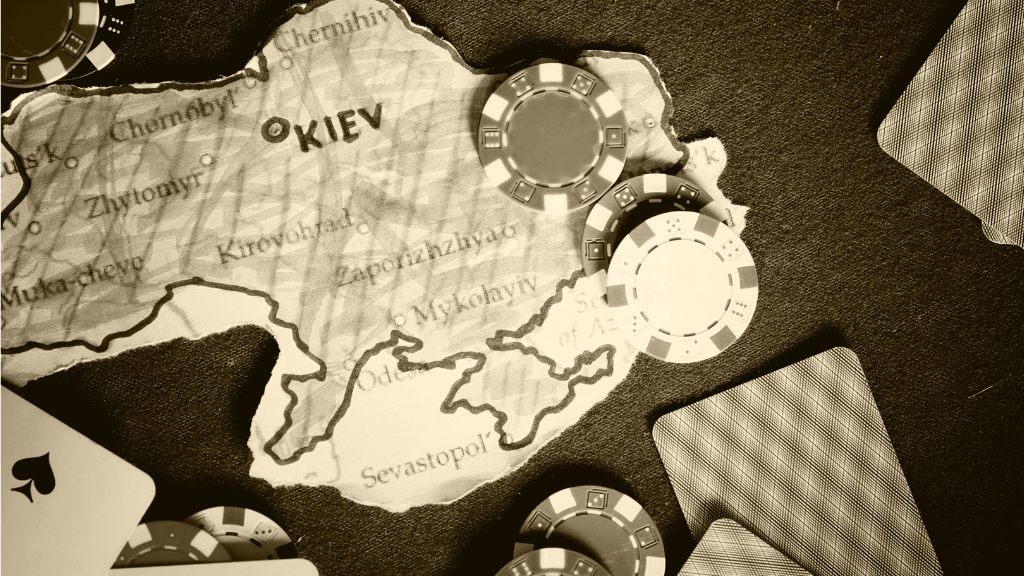Ever wondered why the house always seems to win? It’s not just luck—it’s math. The concept of the house edge is the casino’s built-in advantage, ensuring they profit over time. Whether you’re spinning slots or playing blackjack, this edge affects your chances of walking away a winner.
I’ve always believed that understanding the house edge is the first step to smarter gambling. By knowing how it works and how to minimize its impact, you can make better decisions and even tilt the odds slightly in your favor. It’s not about beating the system; it’s about playing strategically and staying informed. Let’s dive into what the house edge really means and how you can outsmart it.
What Is House Edge?
House edge refers to the percentage of each bet that a casino expects to keep as profit over the long term. It serves as the foundation of a casino’s profitability and ensures that, on average, the house wins more than it loses.
Definition And Importance In Gambling
The house edge represents the mathematical advantage the casino holds over players in any given game. For example, a house edge of 5% means the casino retains $5 from every $100 wagered over time. This advantage is not immediately noticeable but becomes significant through repeated plays.
Understanding the house edge is critical for gamblers. It allows players to evaluate their chances of winning and select games that align with their risk tolerance. Games with a lower house edge, such as blackjack or baccarat, provide better long-term chances for players compared to games like slots or keno, which have higher house edges.
How It Works In Different Games
House edge varies across casino games based on the rules and gameplay structures. For instance:
- Blackjack: The house edge ranges from 0.5% to 2%, depending on strategy use and game rules like dealer stand conditions. Players who use basic strategy reduce this edge.
- Roulette: European roulette offers a house edge of 2.7%, while American roulette doubles it to 5.26% due to the extra “00” pocket.
- Slots: The house edge can range from 2% to 10% or higher, influenced by payback percentages set by game developers.
- Craps: Bets like pass line have a house edge of 1.41%, while proposition bets can exceed 10%.
- Keno: This game has one of the highest house edges, often ranging from 20% to 30%.
Knowing these differences empowers players to choose games strategically, aiming for options with lower house edges to enhance their potential returns.
Common Misconceptions About House Edge
Many gamblers misunderstand how the house edge functions, leading to unrealistic expectations. Clearing up these misconceptions helps in making informed gaming choices.
House Edge Vs. Player Odds
House edge refers to the casino’s mathematical advantage over time, while player odds address the short-term likelihood of wins. Some mistake the house edge as reflecting their probability of losing per bet, but it’s a long-term calculation based on thousands of wagers. For instance, a 5% house edge on a game means the casino expects to retain 5% of total bets over time, not that players lose every 20 bets.
Others think playing skill-based games like blackjack eliminates the house edge, but this isn’t true. Even with optimal strategy, a slight edge remains for the house. For blackjack, skilled play can reduce the edge to around 0.5%, but it’s not entirely avoidable.
The Myth Of Beating The House
Some believe systems like Martingale or card counting can guarantee profits, but that’s a myth. The house edge ensures that, over time, the casino has a consistent advantage, making long-term wins statistically unlikely. Progression betting systems, such as doubling bets after losses, might result in temporary gains but won’t counteract the house edge’s inevitability.
Even in games allowing skill development, like poker or blackjack, any perceived “beating the house” often stems from individual plays, not a guaranteed method. It’s essential to recognize that the house edge isn’t about preventing single-session wins but ensuring the casino profits in aggregate over extended periods.
Strategies To Outsmart The House Edge
Reducing the house edge is possible by making strategic decisions. I focus on game selection, skill improvement, and financial discipline to improve my chances of retaining more winnings.
Choosing Games With A Lower House Edge
Selecting games with a smaller house edge increases the potential for better returns. For example, blackjack and baccarat often offer house edges as low as 0.5% to 2%, provided optimal strategies are followed. When I pick European roulette over American roulette, I face a 2.7% edge instead of 5.26%. Games like craps, offering a 1.41% house edge on pass-line bets, are preferable over high-edge options like keno, with edges reaching up to 30%. This decision-making focuses on improving long-term odds rather than relying on luck.
Mastering Optimal Gameplay Techniques
Using the correct strategy reduces risk and boosts performance in games requiring skill. For blackjack, I follow basic strategy charts to minimize the house edge. In poker, understanding odds and opponent tendencies helps me make sound decisions. Practicing disciplined play in baccarat, like sticking to the banker bet, keeps the edge near 1%. I avoid unnecessary proposition bets in craps since many exceed 10% edges. Consistently applying these techniques decreases the casino’s advantage incrementally.
Employing Bankroll Management
Controlling my betting amounts and setting limits safeguards against significant losses. I always establish a budget before gambling, dividing it into smaller, manageable sessions. Using strategies like the flat betting system, I maintain consistent bet sizes to reduce fluctuations in my bankroll. For higher-risk games, I bet proportionally smaller amounts, which minimizes exposure to the house edge over extended play. By maintaining a disciplined approach to bankroll management, I play responsibly and mitigate risks.
The Role Of Luck Vs. Skill
Luck determines outcomes in games of chance, while skill influences results in certain games where strategy matters. Understanding the balance between these factors is critical for making smarter decisions and reducing the house edge.
Understanding Probabilities
Probabilities shape the foundation of every casino game, dictating the odds of specific outcomes. In games based entirely on chance, such as slot machines or roulette, probability calculations ensure the house edge remains consistent over time. For example, in European roulette, the chance of landing on a single number is 1 in 37, but payouts are structured to favor the house.
In skill-based games like poker or blackjack, probability still plays a major role, but informed decisions can alter outcomes. Understanding probabilities, such as knowing the odds of a specific card appearing, allows players to make better choices. Without this knowledge, players rely solely on luck, which aligns with the casino’s long-term advantage.
Games Where Skill Can Minimize Losses
Skill matters most in games where strategy impacts outcomes. Blackjack offers players the opportunity to lower the house edge, sometimes to 0.5%, by using basic strategy. This involves understanding when to hit, stand, split, or double down based on the dealer’s upcard. Making the optimal decision for each hand narrows the casino’s advantage.
Poker rewards strategic thinking and bluffing since players compete against each other, not the house. Success depends on reading opponents, managing chips, and calculating pot odds. The casino profits through rake rather than a house edge, giving skilled players a competitive edge.
Video poker also rewards skill as the correct decisions on which cards to hold or discard reduce the house edge significantly. Some machines offer a long-term expected return of over 99% with perfect play. Practicing and studying strategies for these games increases proficiency, allowing me to influence outcomes within certain constraints.
Pros And Cons Of Trying To Outsmart The House Edge
Attempting to outsmart the house edge involves both advantages and drawbacks. While understanding odds and strategies can improve outcomes, overconfidence may lead to heightened risks.
Benefits Of Knowing The Odds
Recognizing the odds informs better decision-making. When I understand the house edge for specific games, I can select options with smaller disadvantages, such as blackjack with a 0.5% edge when played with optimal strategy. Accurate knowledge also helps me gauge potential losses and manage risks effectively. For example, choosing baccarat or craps over keno minimizes my long-term losses due to their lower house advantages. Additionally, understanding probabilities enhances confidence during gameplay, allowing me to avoid gambling based on misconceptions or false beliefs.
Risks Of Overestimating Strategies
Overestimating strategies can lead to substantial losses. Even in skill-based games like poker or blackjack, the house retains a statistical edge no matter how strategically I play. False reliance on systems like Martingale may induce higher bets, increasing risks instead of reducing them. For instance, doubling down after losses in a roulette game with a 5.26% edge on American wheels can exhaust my bankroll quickly. Misjudging my ability to override the mathematical advantage of the house may also encourage reckless behavior, undermining financial discipline and increasing the potential for costly mistakes.
Conclusion
Understanding the house edge is key to making smarter decisions at the casino. While the odds are always in the house’s favor, knowing how it works empowers you to play strategically and responsibly. By selecting games with lower house edges, improving your skills, and managing your bankroll effectively, you can reduce risks and enhance your overall experience.
Gambling should always be approached with caution and awareness. Luck may play a role, but informed choices and discipline are what truly help you stay in control. The house edge isn’t something you can eliminate, but with the right mindset and strategies, you can enjoy the games while minimizing its impact.



